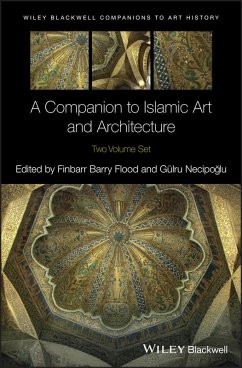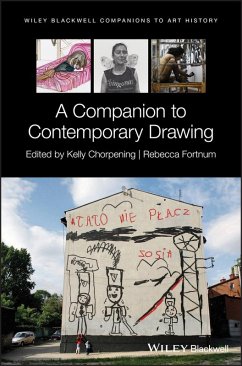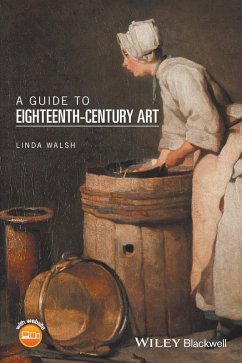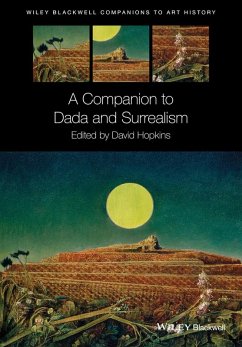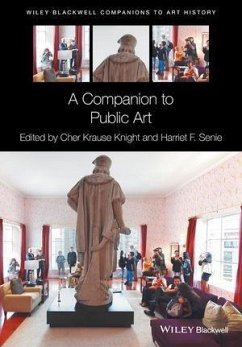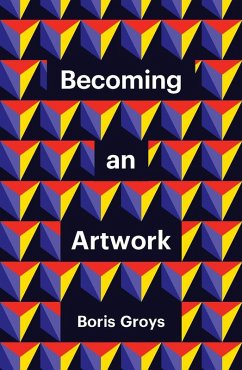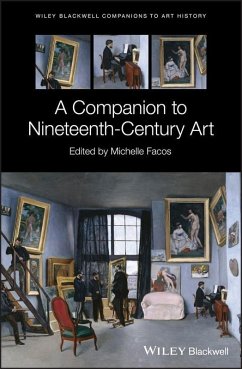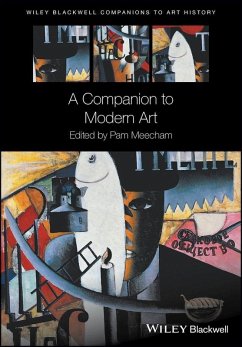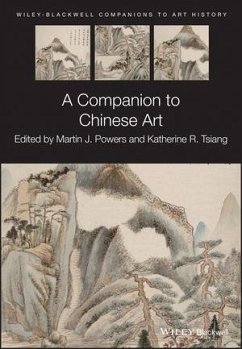
A Companion to Islamic Art and Architecture (eBook, PDF)
Versandkostenfrei!
Sofort per Download lieferbar
359,99 €
inkl. MwSt.
Weitere Ausgaben:

PAYBACK Punkte
0 °P sammeln!
The two-volume Companion to Islamic Art and Architecture bridges the gap between monograph and survey text by providing a new level of access and interpretation to Islamic art. The more than 50 newly commissioned essays revisit canonical topics, and include original approaches and scholarship on neglected aspects of the field. This two-volume Companion showcases more than 50 specially commissioned essays and an introduction that survey Islamic art and architecture in all its traditional grandeur Essays are organized according to a new chronological-geographical paradigm that remaps the unprec...
The two-volume Companion to Islamic Art and Architecture bridges the gap between monograph and survey text by providing a new level of access and interpretation to Islamic art. The more than 50 newly commissioned essays revisit canonical topics, and include original approaches and scholarship on neglected aspects of the field.
- This two-volume Companion showcases more than 50 specially commissioned essays and an introduction that survey Islamic art and architecture in all its traditional grandeur
- Essays are organized according to a new chronological-geographical paradigm that remaps the unprecedented expansion of the field and reflects the nuances of major artistic and political developments during the 1400-year span
- The Companion represents recent developments in the field, and encourages future horizons by commissioning innovative essays that provide fresh perspectives on canonical subjects, such as early Islamic art, sacred spaces, palaces, urbanism, ornament, arts of the book, and the portable arts while introducing others that have been previously neglected, including unexplored geographies and periods, transregional connectivities, talismans and magic, consumption and networks of portability, museums and collecting, and contemporary art worlds; the essays entail strong comparative and historiographic dimensions
- The volumes are accompanied by a map, and each subsection is preceded by a brief outline of the main cultural and historical developments during the period in question
- The volumes include periods and regions typically excluded from survey books including modern and contemporary art-architecture; China, Indonesia, Sub-Saharan Africa, Sicily, the New World (Americas)
Dieser Download kann aus rechtlichen Gründen nur mit Rechnungsadresse in D ausgeliefert werden.




